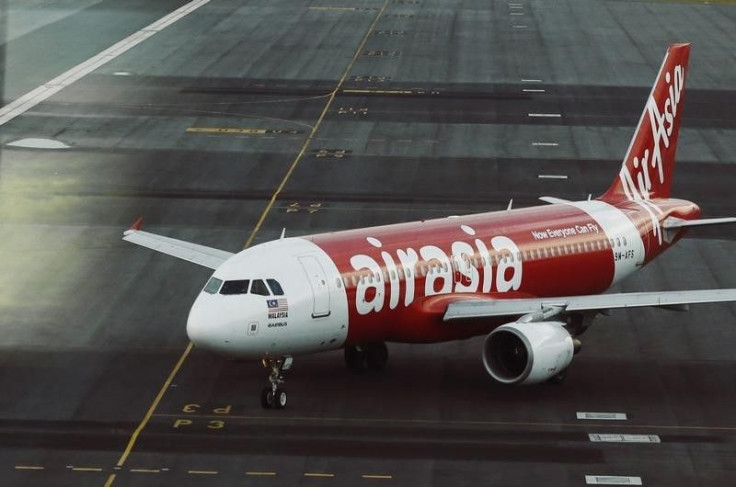As AirAsia's Share Price Tumbles, Malaysia Airline's Recovery Becomes Beacon Of Hope

Since the disappearance of AirAsia's Flight QZ8501, AirAsia's shares have dropped by the greatest amount in three years. But while investors may be alarmed by the sliding stock, they may also be aware of its potential to recover, especially since just such a scenario played out after Malaysia Airlines had similar troubles earlier this year.
By the time Malaysia Airlines MH370 vanished from radar screens en route from Kuala Lampur to Beijing March 8, the airlines’ stock had already plunged, going from 0.301 Malaysian ringgit ($0.09) Feb. 17 to 0.25 ringgit March 7, the day before the aircraft went missing. As details of the aircraft’s disappearance became difficult to obtain and as Malaysia Airlines experienced a number of public relations disasters, the stock price plummeted 18 percent, hitting a low of 0.155 ringgit May 19, around half its value in February.
But as more credible details emerged about what might have happened, the stock price began a slow recovery, going from May 19’s low to a spike of 0.25 ringgit on June 18. While that gain did not last, the stock looked like it had stabilized.
Then came the unlikely shooting down of Malaysia Airlines Flight MH17, which was inexplicably hit by a missile while flying over the conflict-torn region of East Ukraine. Almost immediately, the stock dropped by 0.03 ringgit, but that only lasted a few days before it recovered to pre-MH17 prices. By Aug. 11, Malaysia Airlines stock had increased to 0.26 ringgit, higher than it was before MH370 crashed in March. In other words, it had made a complete recovery.
By comparison, AirAsia stock price fell by its biggest margin since 2011, as much as 13 percent to 2.56 ringgit before closing Monday 8.5 percent lower in Kuala Lampur.
“The AirAsia incident is worrying,” Alan Richardson, an investment manager at Samsung Asset Management Co. in Hong Kong, said by phone to Bloomberg News. “Investor sentiment toward Malaysian aviation has been hurt by the unfortunate incidents” in a short span of time, he said.
It's hard to say if the stock can make a similar recovery, but not withstanding another major incident for the airline, Malaysia Airline's five-month recovery can only be good news regarding the outlook for AirAsia shares in coming months.
© Copyright IBTimes 2025. All rights reserved.






















